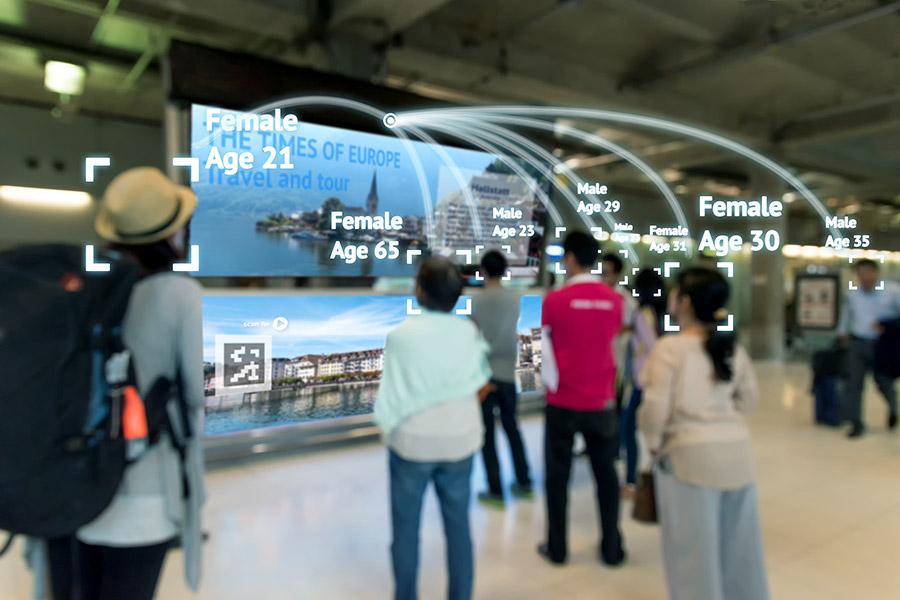AI initiatives are integral to a brand's marketing needs
The shift from traditional to digital marketing is driven by the fact that one could drive more personalised messages to customers
Do chief marketing officers have to incorporate Artificial Intelligence (AI) in their digital marketing budgets? They most probably already have. While marketing spends are increasingly being moved to digital marketing channels (increasing at 20 percent per annum), we see that digital marketing itself has incorporated AI by skipping a generation of intermediate system development. Modern marketing automation platforms already include chat bots for customer interaction, voice recognition/translation in their marketing websites and semantic search in their product catalogues. However the shift from traditional marketing to digital marketing was driven by the fact that one could drive more personalised and segmented messaging to customers to drive up conversion rates. This ability to not only deliver razor sharp messaging to prospective customers but also to be able to monitor and track the impact of this messaging is becoming, and increasingly driven by AI initiatives.
Programmatic advertising helps not only cut the time required to launch campaigns but also helps advertisers to strictly control budgets and monitor return on media investments (ROMI). While these platforms are run essentially on AI engines (by the likes of Google), they are run with little ability for CMOs to customise them to their needs. Smaller modules of machine learning algorithms are now helping CMOs pick and choose their AI interventions to suit the marketing needs of individual brands.
CMOs are now looking at mixing and matching a brand’s marketing needs with a variety of AI initiatives. This allows CMOs a greater flexibility to customise and allocate scarce marketing budgets to achieve better ROIs. One way of planning AI investments is to look at a typical journey of a customer from awareness to post purchase interaction. While different brands may have different customer journeys, an illustrative one will typically consist of five stages. Based on the marketing strategy for the particular brand, various AI algorithms may be implemented. A sample is provided below:
 Of course, needs may change over a period of time and brands may have multiple customer journeys. But a prudent analysis of costs to benefits of individual AI modules will help design the customer journeys to yield the best result. With a plethora of AI algorithms or “use cases”, it becomes important to question the end outcome required and re-design the customer journey by introducing a series of AI Lego blocks to complete the journey with the desired outcome. By aligning the correct interlocking Lego blocks of AI, one should be able to transform a customer’s experience in interacting with the brand. This alone should be incentive enough to invest in Lego blocks… albeit intelligent ones!
Of course, needs may change over a period of time and brands may have multiple customer journeys. But a prudent analysis of costs to benefits of individual AI modules will help design the customer journeys to yield the best result. With a plethora of AI algorithms or “use cases”, it becomes important to question the end outcome required and re-design the customer journey by introducing a series of AI Lego blocks to complete the journey with the desired outcome. By aligning the correct interlocking Lego blocks of AI, one should be able to transform a customer’s experience in interacting with the brand. This alone should be incentive enough to invest in Lego blocks… albeit intelligent ones!
- By Shyam Rao Senior Director - Digital Business Services, Infosys BPM
The thoughts and opinions shared here are of the author.
Check out our end of season subscription discounts with a Moneycontrol pro subscription absolutely free. Use code EOSO2021. Click here for details.
